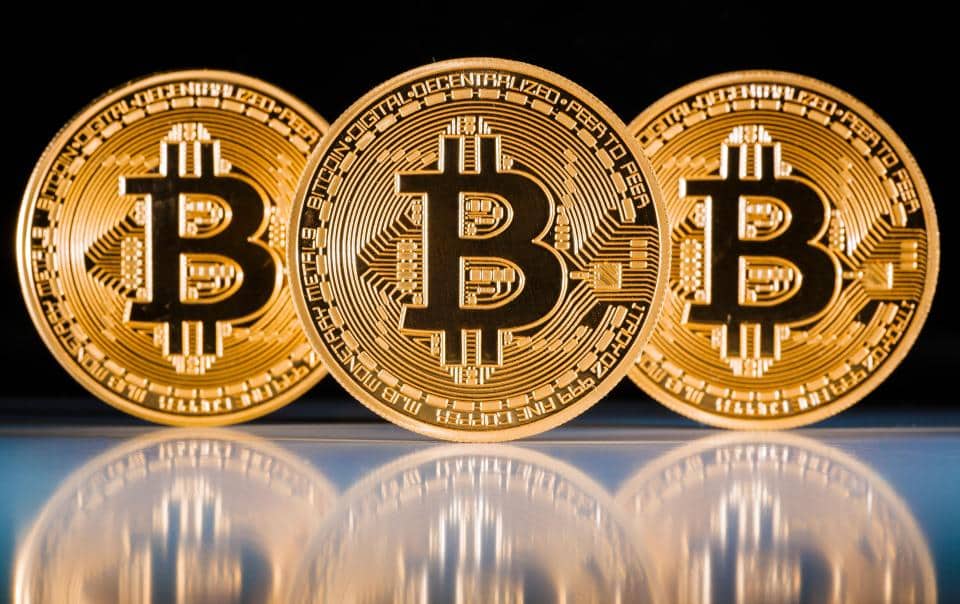
In 1975, at the age of 19, Bill Gates dropped out of his sophomore year at Harvard to launch Microsoft with his buddy Paul Allen.
Gates worked weekends and never took vacation in his 20s to get the company off the ground. And it worked. Today, Microsoft is valued at more than $1 trillion and Gates is the second richest man in the world with a net worth of around $107 billion (just $12 billion shy of Amazon’s Jeff Bezos’ fortune of $119 billion).
“It really is true that I didn’t believe in weekends; I didn’t believe in vacations,” Gates told Eventbrite co-founder and CEO Julia Hartz Thursday at a Village Global event.
Gates was at the office so much that he knew the license plates of everyone who worked for him, and he would see what time they would come and go and therefore how many hours his employees were putting in.
“Microsoft was a high-stress environment because Bill drove others as hard as he drove himself,” Gates’ co-founder Allen wrote in a 2011 article for Vanity Fair. “He was growing into the taskmaster who would prowl the parking lot on weekends to see who’d made it in.”
Gates’ spy tactics and often intense office demeanor during the company’s prime years in the late ’80s and ’90s famously earned him the reputation as an office bully, according to GQ.
However, once he got into his 30s — and started dating his now-wife Melinda — he said he began to relax a bit and started taking time off, which helped him tone it down.
“Now I take lots of vacation. My 20-year-old self is so disgusted with my current self. You know, I was sure I would never fly anything but coach and you know, now I have a plane,” Gates said.
He refers to the change of heart as a “counter revelation” and he said he can’t imagine working to those extremes today.
“I don’t recommend it and I don’t think most people would enjoy it,” he said.
However, he said he still believes that hard work is essential during the early years of building a business, especially if you want it to become something great.
“You’ll have individuals who have, you know, health or relatives or things that [distract them]. But yes, I have a fairly hardcore view that there should be a very large sacrifice made during those early years….” he said.























